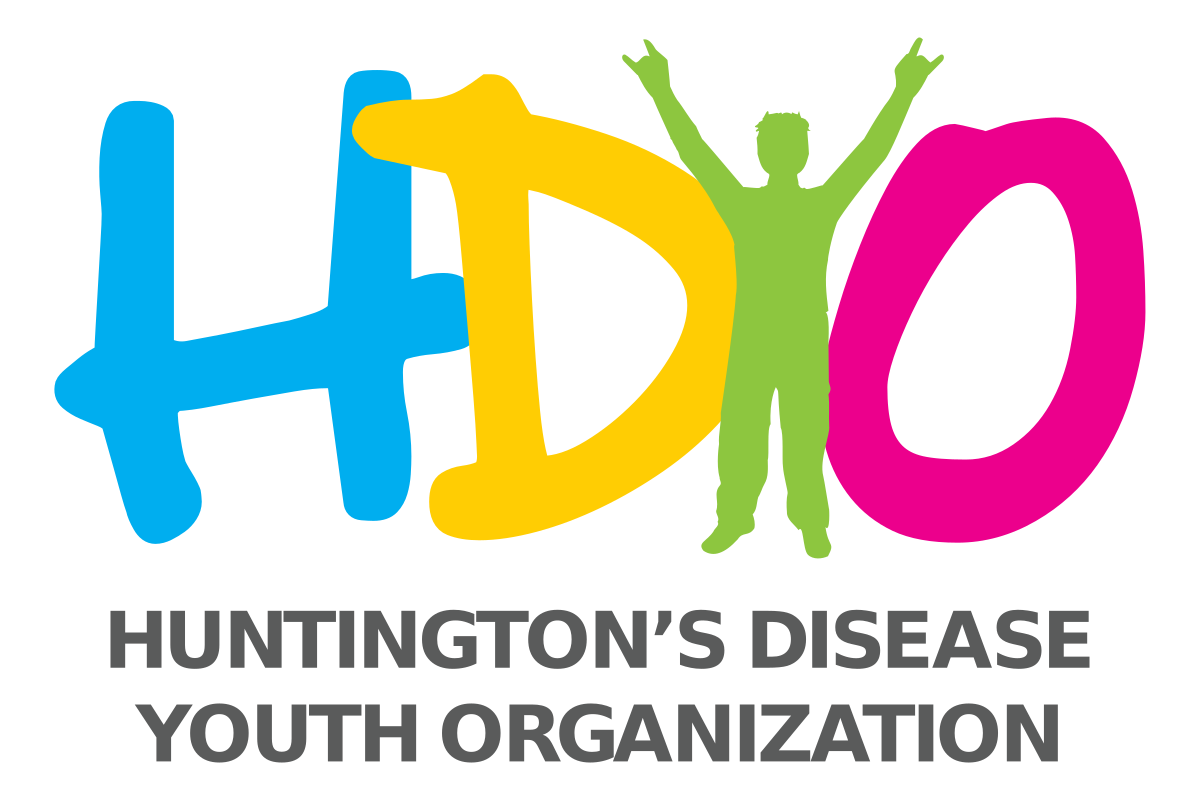Impacts of Genetic Testing on Family Tree
September 20, 2025

HDYO has more information about HD available for young people, parents and professionals on our site:
www.hdyo.org
**Reviewed by Education and Research Committees 2025*
Huntington's Disease (HD) is a progressive neurodegenerative genetic disorder that can impact families for multiple generations. For individuals with a family history of HD, genetic testing offers a way to determine if a person has inherited the HD gene. However, the decision to test is personal to each member of a family and can carry consequences which might impact other family members. For example, one person’s positive HD gene test result can reveal that the HD gene is in the family. Which if this is not already known, shows that others are at-risk, or may already be showing symptoms. This information will have a significant impact on the family in many ways.
One Test Result Can Speak For Many
When an individual receives a positive HD genetic test result, it implies that at least one of their parents (and one of their grandparents) also has or had the gene for HD. This can lead to the unintentional disclosure of a relative's genetic status.
Consider these scenarios:
- Scenario One: A young person over 18 years old wants to go through genetic testing to find out if they carry the HD gene. However, one of their parents is currently at-risk for HD and does not want to be tested for the HD gene. The young person continues the testing process and tests positive for the HD gene. This means that their parent living at-risk is gene positive for HD. The information about the parent was unintentionally disclosed to the young person without the parent’s knowledge or consent.
- Scenario Two: A person died young without any knowledge of HD in their family. One of their adult children, who is 65, was having unexplained symptoms. The healthcare team ordered genetic tests. The person was positive for the HD gene and clinically diagnosed with HD. This caused a ripple effect in the family. The 65-year old’s own children, brothers/sisters, nieces and nephews are now all at-risk for HD.
- Scenario Three: An adopted adult develops symptoms and undergoes genetic testing, which reveals they are positive for the Huntington's disease (HD) gene. This single test result doesn't just confirm their own diagnosis—it also unintentionally discloses the genetic status of their biological family. This positive result means that one of their biological parents carries the gene, and their biological siblings and potentially other relatives are also at-risk. This places the adopted individual in a difficult position, as they now have sensitive, life-altering information about people they may not even know.
These situations can create tension between an individual's right to know their own genetic status, called individual autonomy, and the privacy of their family members. While a person might seek answers for themselves, their decision can inadvertently change the genetic landscape of their entire family.
Impacts On The Family & Relationships
The ripple effect of a positive HD genetic test result can profoundly impact family dynamics and relationships. This can lead to a complex mix of emotions and difficult conversations.
- Potential guilt or conflict within families: A person might feel guilty about revealing a parent's genetic status. Depending on the situation, family conflicts may arise.
- Strained relationships or blame from other relatives: Family members may feel angry or feel blamed for newly revealed health risks or secrets.
- Shifts in family identity and rewriting family history: Discovery of HD in a family might impact family narratives and perceptions of heritage.
- Feelings of betrayal, grief, or vindication among extended family: Extended family members may feel betrayed by past secrets. They may grieve for affected relatives or feel vindicated by new information.
The Purpose of Genetic Counseling Before Testing For HD
Given the impact of undergoing HD genetic testing, genetic counseling is an essential step before any testing for the HD gene occurs. The article “Decisions on Genetic Testing” serves as a guide for individuals to prepare for genetic testing and to assist in making an informed decision to test for the HD gene.
Navigating These Conversations With Genetic Counselors, Therapists& Other Healthcare Providers
Given the emotional complexity of HD genetic testing, genetic counselors, therapists and other providers can offer support to individuals both before and after testing.
- Deciding to test: Counselors and providers can help individuals explore whether to pursue testing, by discussing motivations, emotional impact, future planning and implications for family dynamics.
- Communicating results: Support is offered, in deciding who to tell about the testing choice, what information to share and how to handle possible reactions, while also respecting choices not to disclose information.
- Balancing confidentiality and family considerations: After testing, counselors and other providers can help individuals navigate confidentiality, ethical responsibilities to disclose to other family members who are at-risk and help recognize existing family communication patterns.
- Providing follow-up and family counseling: Ongoing support can help individuals and families process emotions, manage conflicts and adapt to genetic information over time.
Conclusion
The decision to undergo genetic testing for Huntington's Disease can be complex. The decision may extend far beyond the individual being tested and can impact many family members. Careful consideration should be taken to balance individual autonomy against the privacy and potential emotional impact on family members. The unintentional disclosure of family members' genetic status, while a consequence of seeking personal knowledge, highlights the intergenerational nature of HD. Engaging in counseling, both before and after testing for the HD gene, is recommended. Counseling can provide individuals and families with vital support, guidance and tools. These are needed to navigate the personal and often challenging conversations that can emerge, when a single test result sheds new light on the genetic legacy of a family.



